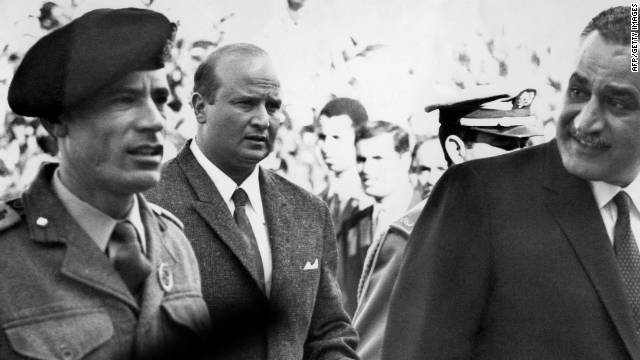
(CNN) -- A year ago, Libyans celebrated the death of dictatorMoammar
Gadhafi. I wrote then that despite enormous
challenges, the country's prospects were actually pretty good. Its small,
relatively well-educated population and abundant oil wealth certainly gave it a
leg up on neighboring Egypt
The Transitional National Council, headed
by Mahmoud Jibril, oversaw the first phase of transition. It managed to bring
all of Libya
Turnout was high among the 1.8 million
Libyans who registered to vote in the country's first election since 1965. Bucking
the Islamist tide that swept Tunisia
and Egypt , Libya
There
has also been a flowering of civil society in a country that for decades had
almost none. Dozens of new organizations focusing on issues such as democracy
building, the environment and women's rights have formed in the past year. Some
groups played an important role in advocating for a female quota in the
electoral law. As a result of that preference -- which required political
parties to alternate male and female candidates on their ballots -- women won
33 of the 200 seats.
And thousands of Libyans shared their
opinions of the draft law through the council's website and phone line and
through social media. Libyans went from being barred from any kind of organized
activity outside the reach of Gadhafi's network to creating a rich civic
dialogue in a matter of months.
But
Libya U.S.
consulate in Benghazi
Much of the violence is fueled by bitter tribal rivalries. Over the past
few weeks, competing militias have fought to take control of the town of Bani Walid
Still, especially after the Benghazi attack, thousands of Libyans have protested the rise of the militias,
demanding that the government disarm them. Undoubtedly, this is an important
inflection point in Libya
The division of power between the central
government and the regions will also be critical to resolve, especially since
significant oil resources are at stake. Libyans rightly fear a scenario of
civil war fought along regional lines, reminiscent of the tragedy in Iraq
Clearly, Libya United States
Δεν υπάρχουν σχόλια:
Δημοσίευση σχολίου